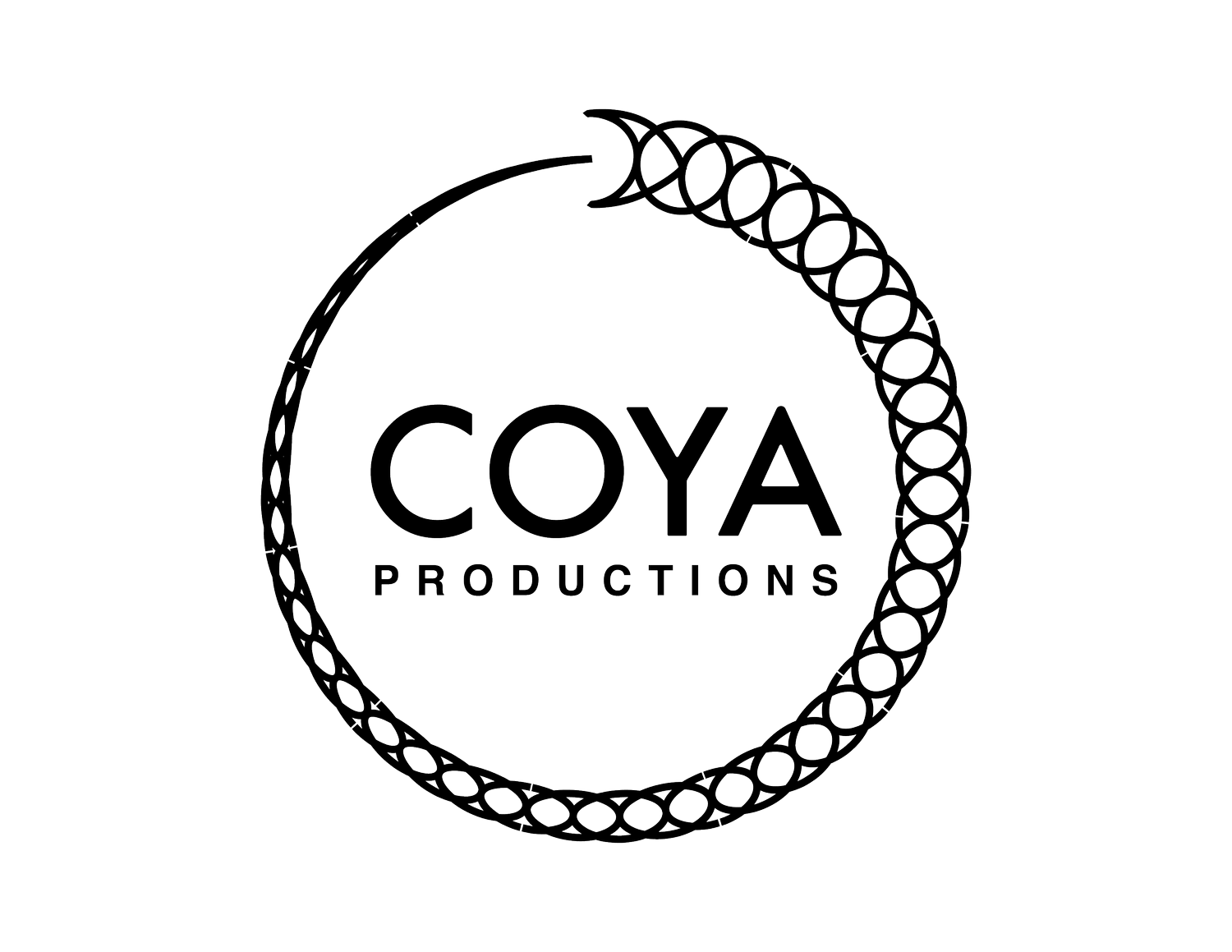Urban Indigenous Identity and UNDRIP, it’s complicated.
So proud of this community for bringing everyone together in shared dialogue to ask ourselves what it means to be an Urban Indigenous person in the context of UNDRIP.
The United Nations Declaration on the Rights of Indigenous People has been an effort to define and implement since 1982.
It would take the efforts, blood, sweat, tears, and lives of many of our ancestors to see the United Nations implement the work of the Working Group of Indigenous Populations with the mandate to develop a set of minimum standard that would protect Indigenous people against genocide and colonization.
These declarations define the absolute minimum standards governments, organizations, and people of all kind must implement to ensure Indigenous people, no matter where they live, are free from racism and assimilation. Minimum specs.
Even though it was finally implemented by the UN in 2007, it would take British Columbia until 2019 to legislate it into policy. Canada would lag behind another 3 years.
Today, we're currently in implementation stage to decide how we might organize and convene as Urban Indigenous people who have inherent rights as individuals and as a collective to decide how to move UNDRIP into action. This will feel frustratingly like re-doing work that many have considered before us (United Native Nations (UNN), Metro Vancouver Aboriginal Executive Council (MVAEC), Congress of Aboriginal People (CAP)), but it’s painfully critical that we spiral around the idea again in 2023 to ensure we honour the co-creation process needed for today.
Last night folks living in Lekwungen territory and from across BC shared space to unpack how we got here and how people come to be "urban" - meaning to no longer live on their traditional territories, off re-serve, outside of their home community, community of origin, and outside of Inuit Nunangat.
We celebrated that our gathering is/was a direct expression of UDRIP Article 5 being upheld.
Article 5
Indigenous peoples have the right to maintain and strengthen their distinct political, legal, economic, social and cultural institutions, while retaining their right to participate fully, if they so choose, in the political, economic, social and cultural life of the State
Spending time getting to know the articles is our responsibility. If we all know what the articles are, it's only then that we can breathe life into their spirit and intent.
I really valued how we came together. With the Prayers of respected Elder Shirley Alphonse to connect us to our hearts. With the protocols of Songhees Nation guiding us - chi miigwetch, Brianna Bear. We all learned.
Janice Simcoe, Ry Moran, Kim Van Der Woerd, and Ron Rice to share their lived experiences and guidance as Urban Indigenous Leaders was truth telling at its finest, and what's needed to humanize this history and presence it for those new to the conversation.
With food, and drumming, and singing, and in a space that felt like we were in each others living room - we came together and built community last night.
My favourite part was having a youth co-host this dialogue with me. My hands go up to him taking this on for the first time ever! Thank you, Tristan Parisian for helping ask some of our most respected and committed urban leaders for their wisdom to guide us on in how we do this work.
Your presence held a critical reminder to everyone in the room about why we were there: to ensure our children live joyously free of oppression and full of love as a result of this work.
So loved to learn with all of you.
Your humble host,
Jace
to follow the work: urbanvoices.ca
to have your say: urbanvoices@vnfc.ca

